Analysts predict low rates and spending boost to power shares in 2021
Leading fund managers and top advisers to the nation’s rich-listers are cautiously optimistic about the economic outlook for the year ahead.
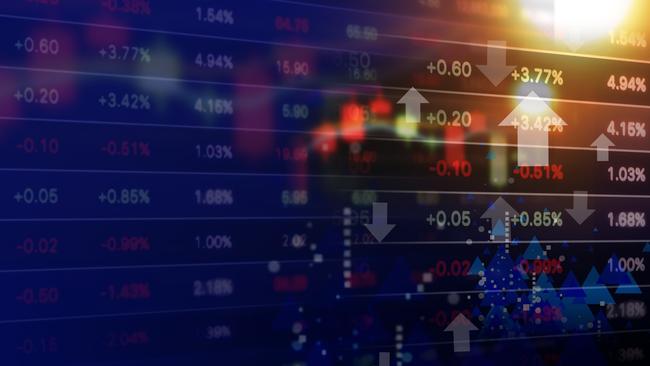
Leading fund managers and top advisers to the nation’s rich-listers are cautiously optimistic about the economic outlook for the year ahead, a year they believe will underpin global equity markets, with value stocks exposed to the Australian housing market and local economy tipped to outperform.
After central banks rushed to slash interest rates across the world and $20 trillion in monetary and fiscal stimulus was provided by governments globally in 2020, sharemarkets are expected to continue their upward trajectory in 2021.
The comments came as Australian shares ended a tumultuous year by almost wiping out the year’s losses, while the dollar has surged back above US77c — well up on its depths of US55.1c on March 19.
The S&P/ASX 200 closed on a weaker note, finishing a shortened session down 95.3 points, or 1.43 per cent, at 6587.1.
This took total losses for the calendar year to 1.45 per cent, but marked a stunning recovery from the global market shocks inflicted early in the year by the COVID-19 pandemic.
The benchmark ended down 8 per cent from its record closing high on February 20, but surged 45 per cent from its COVID-savaged low of 4546 points on March 23.
By comparison on closes early on Thursday, Wall Street’s Dow Jones was up 6.5 per cent, and the broader S&P 500 up 15.5 per cent over the past 12 months.
Japan’s Nikkei was up 16 per cent, while Hong Kong’s Hang Seng was down 3.7 per cent. London’s FTSE 100 was down 13.1 per cent, while the Euro Stoxx 50 was down 4.6 per cent.
Information technology was the biggest moving sector in the local market, up 57 per cent on the year, followed by materials, covering the big miners of BHP, Rio Tinto and Fortescue, which was up 14.6 per cent. Banks and financials were down 7.5 per cent, while energy, which covers oil and gas producers, was off 29 per cent.
The biggest mover in the S&P/ASX 200 was “buy now, pay later” juggernaut Afterpay, up more than 300 per cent, followed by online retailer Kogan, up 154 per cent, and miners Fortescue and Mineral Resources, up 124 per cent and 122 per cent respectively on the back of a surge in iron ore prices.
The worst-hit of the top 200 stocks have been travel stocks, with Flight Centre down 60 per cent on the year while shopping mall operator Unibail-Westfield was down 54 per cent and Webjet was off 46 per cent.
Paul Skamvougeras, head of equities at Perpetual Investments, said the current Australian market valuation was expensive relative to history and the risk was that the anticipated rebound in earnings post the COVID pandemic did not eventuate as expected.
“The biggest tail risk for markets is rising interest rates driven by inflation. Although a low probability, this would impact high asset prices,’’ Mr Skamvougeras said.
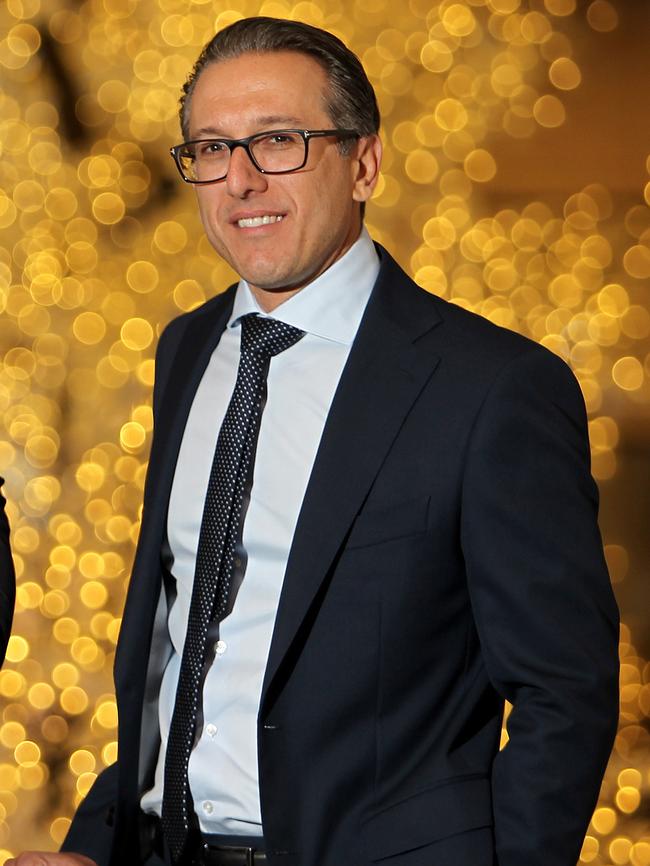
He said Perpetual was cautiously optimistic on the outlook for the Australian economy for 2021.
“Given our view on the economy, we are invested in domestic Aussie cyclicals such as builders and banks. We expect the Australian dollar to be strong and are underweight US dollar earners,’’ he said.
“As the economy rebounds in 2021 and corporate confidence returns, we expect to see large-scale merger and acquisition activity, driven by historically low borrowing costs.”
Since September the Australian market has been benefiting from a rotation into beaten-down value stocks, from high-flying growth stocks. Technology and IT-focused growth shares make up only 4 per cent of the local bourse compared to 40 per cent of the US sharemarket.
“We see it is a K-shaped recovery — there are clear key winners and unfortunately there are key losers,” said Will Hamilton, managing partner of $700m boutique Melbourne wealth management firm Hamilton Wealth Partners.
“And one of the key things about the losers is they are generally unlisted. They haven’t had the opportunity to raise capital. That is where you see the two-pronged effect in the market.’’
ASX-listed companies raised more than $32bn in capital last year, more than double the amount raised in 2019 as firms looked to bolster their balance sheets to ride out the COVID-19 pandemic.
The market rebound has since delivered investors who participated in the raisings — especially during the market turmoil in March and April, often at significant pricing discounts — big paper profits.
Tracey McNaughton, chief investment officer of $6bn boutique wealth management firm Escala Partners, said the near-term conclusion about the global outlook was that money and fiscal stimulus would “supercharge” the recovery in 2021.
“[But] the medium-term conclusion beyond 2021 is slower economic growth. We expect this lower-for-much-longer environment to resume after the initial rebound in 2021,” the former long-serving UBS executive said in her latest Escala Partners Perspective podcast.
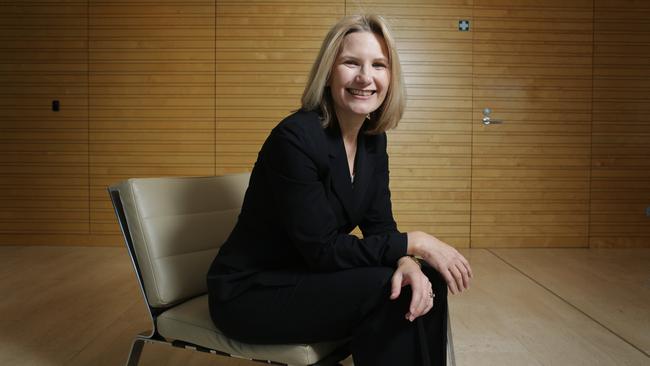
Escala is backed by Focus Financial Partners, a New York-based partnership of wealth management firms backed by private equity giant KKR and run by a group of former UBS advisers.
Ms McNaughton said official interest rates could still go negative in Australia this year despite the Reserve Bank’s assurance they would not, and she was wary of the potential for rising inflation as a surprise on the horizon.
Tim Sims, co-founder and managing director of Australia’s largest private equity fund, Pacific Equity Partners, this week also warned about the potential for global stimulus measures to fuel inflation, with subsequent serious consequences in a world of rising short-term government debt.
“But it is not just the supply of money that drives inflation, it is also the speed at which money circulates through the economy, and that has fallen through the floor,” Ms McNaughton added.
“This could be a product of growing inequality in the world.”
She said Escala’s 2021 outlook to be published early in the new year would be focused on three key themes: the first would be the ongoing income challenge due to the low interest rate environment and the second would be what she called “Towards net zero”.
“By this I mean the whole environmental, sustainability push which is being driven by not only governments, but corporates. This is going to become an increasingly important aspect to investing,’’ she said.
The third theme, she said, would be COVID-driven structural changes in economies and the opportunities arising from these for investors.
She said the key lesson of 2020 for investors was the importance of investment process. “It gives you a safe and secure environment in which to think,” she said. “Discipline and process are stablemates in the investment world.’’
The other lesson was the importance of diversification and “knowing how your investment portfolio will respond to different scenarios”.
“We remain biased to growth investing but have allocations to developing markets and small caps with a value bias,’’ she said.
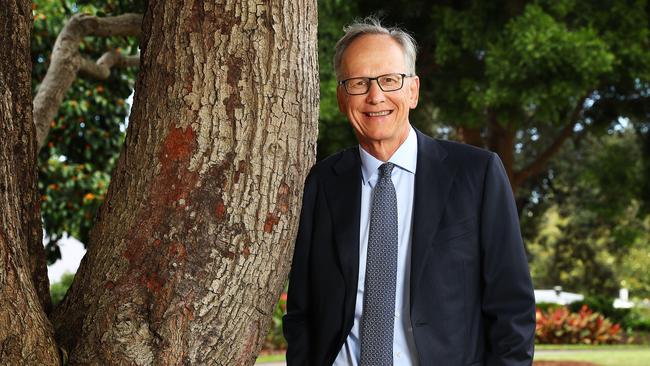
Geoff Wilson, chairman and founder of $3.5bn fund Wilson Asset Management, said the sectors representing value in the Australian market this year would be domestic tourism, housing and infrastructure.
“The housing sector will be driven by a combination of record low interest rates, government stimulus measures and improving consumer confidence, to underpin both new and existing dwelling demand,” Mr Wilson said.
“Companies we like here include Ingenia Communities, Fletcher Building, Brickworks, Reliance Worldwide, Australian Finance Group and Johns Lyng. A number of these companies will benefit from additional tailwinds provided by infrastructure-related fiscal measures, along with Downer and Maas Group.”
WAM is bullish on local tourism, owning Trigano, one of the largest recreational vehicle players. “Materials with a focus on industrial metals are also expected to perform as industrial production bounces back,” Mr Wilson said.
“We particularly like copper as it also has the clean energy thematic behind it. Also nickel and manganese look good in 2021. OZ Minerals and IGO are names we like.”
Mr Wilson said he also expected the energy sector to perform strongly as manufacturing and economic activity returned to pre-COVID levels and OPEC held together to manage supply, and he also liked local banks.
“Best picks of the banks are National Australia Bank and Commonwealth Bank. NAB for most latent upside on financial metrics and CBA for huge surplus capital and strongest franchise,” he said.
WAM’s portfolios also have weightings to stocks exposed to thematics such as automation, the digitisation of payments and health and wellbeing post-COVID.
Tom Millner, director and portfolio manager at Contact Asset Management, said he would maintain his focus in 2021 on quality companies with sustainable dividends and growing earnings.
“We are going to see, we think, some good results out of the better quality companies like Woolworths, Wesfarmers, CBA, ARB, Reece, ResMed and Harvey Norman,’’ Mr Millner said.
“And alignment is a big theme in these environments. You want management and the board to own shares in the companies because they are representing the shareholders and their best interests are of the shareholders and when they are shareholders themselves they tend to make sensible decisions about acquisitions, debt levels and payout ratios.”
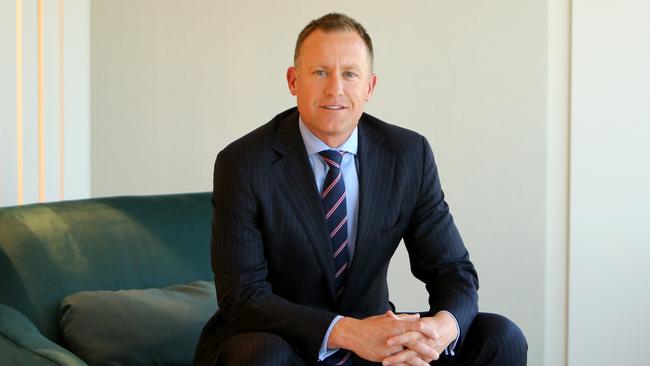
Armytage Private portfolio director Bradley King said 2021 would require fund managers to engage more in “short-term” plays and turn over their portfolios as much of the value had left the sharemarket.
He said it was unlikely that the boom from mid 2020 to the end of the year could be repeated.
“I think given where prices are already and where stock prices are trading at a multiple perspective, there is a probability from here you will need to take smaller returns and turn the portfolio a bit more,’’ Mr King said.
“It then could be quite a good year for active portfolio managers, so you go back to your ‘K’ type recovery from here where the winners outperform and the losers underperform. But the returns are not going to be what they were like in 2020.”
Mr King believes some resources stocks could continue to do well this year, especially those minerals exposed to battery use such as lithium and nickel.
“I still think retail will have its pockets of value, as people are not travelling overseas as much and are around locally, as well as some of the domestic tourism and leisure stocks,” he said.
Additional reporting by ELI GREENBLAT



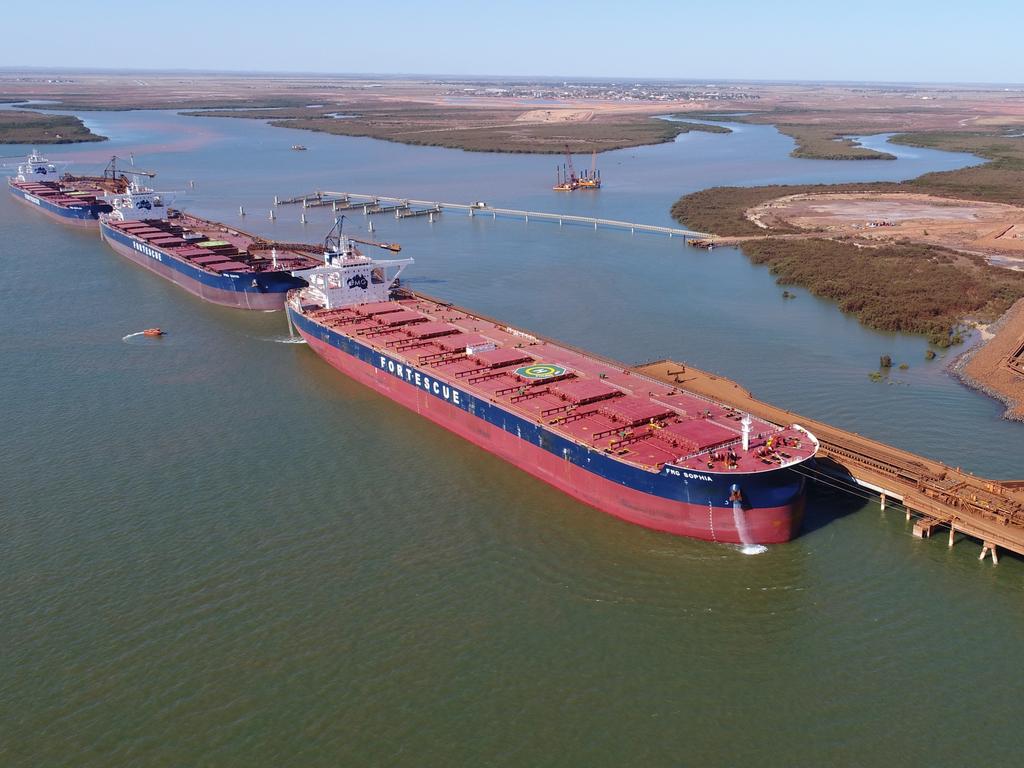

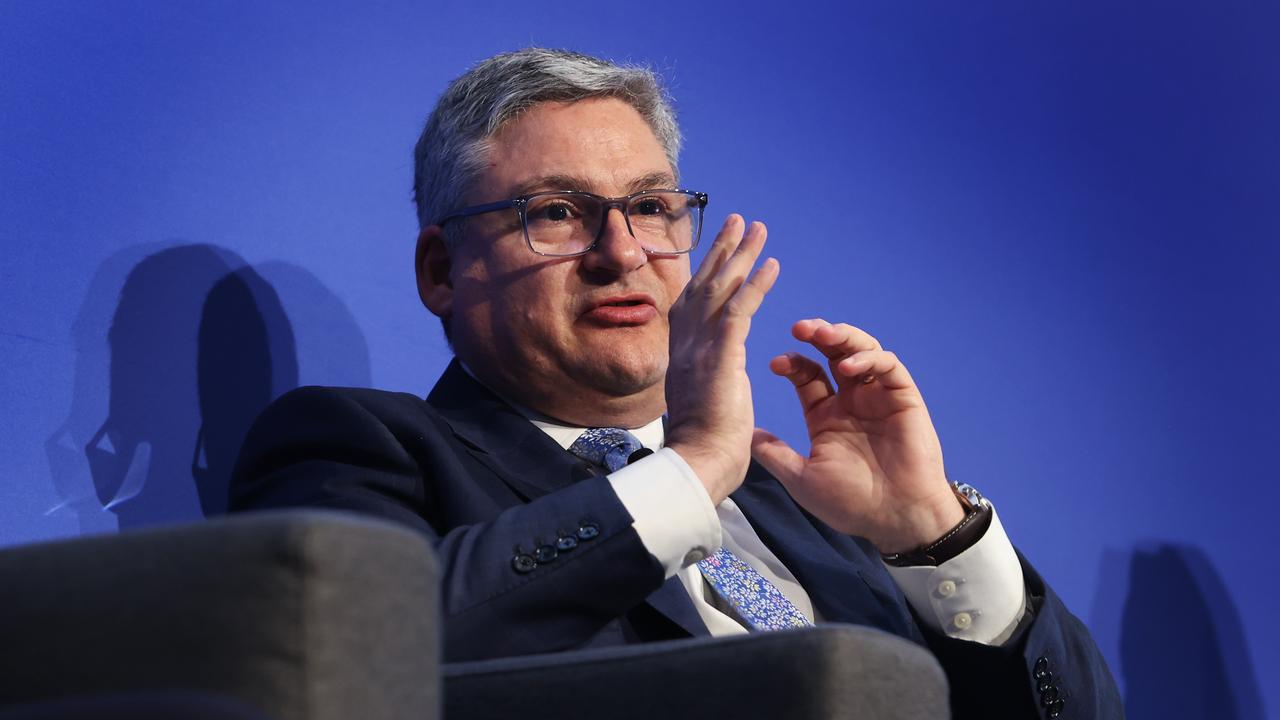

To join the conversation, please log in. Don't have an account? Register
Join the conversation, you are commenting as Logout